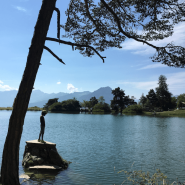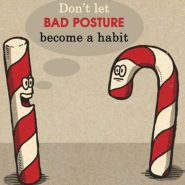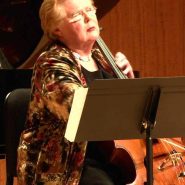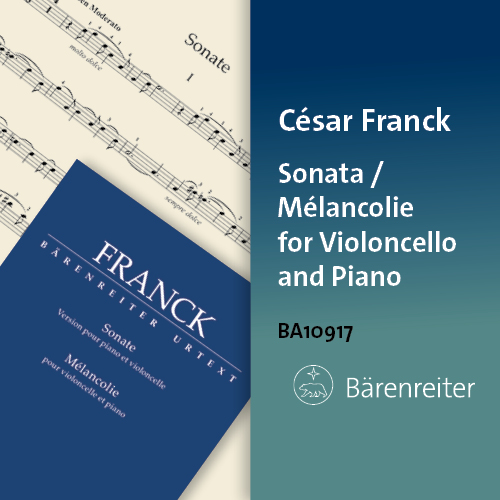Tag: patience
By Ruth Phillips September 15, 2018
Subjects Playing Healthy
Tags gravity, inspiration, patience, power, Practice, presence, stage presence, thought
By Thomas Rosenberg January 27, 2014
Subjects Chamber Music, Practicing
Tags Adjustments, chamber music, expressive intonation, fuzzy sound, good instrument tuning, great intonation, group intonation, hand position, intonation, intonation exercises, left hand position, Listening, onion, open strings, patience, rehearsing, Rosenberg, string groups, student ensembles, Thomas, time management, tuning, working
By Robert Battey January 7, 2013
Subjects Artistic Vision
Tags Battey, Beethoven, commitment, critic, expertise, Heifetz, patience, Philosophy, problems, robert, Strings Magazine, traveling
By Avery Waite September 21, 2012
Subjects Artistic Vision
Tags adventure, Afghanistan, Avery, beauty, cello, cellobello, impact, improvement, intensity, Kabul, language, learning, musical language, patience, students, success, teacher, Teaching, traveling, Waite
By Selma Gokcen July 9, 2011
Subjects Playing Healthy
By Bonnie Hampton May 23, 2011
Subjects Artistic Vision
Tags Bonnie, bow speed, cello, cellobello, clarity, concert halls, expression, Habits, Hampton, imagination, individual voice, individuality, muscles, musicians, overtones, patience, performance, Sound, support, Teaching, tension, tone, vibrato






